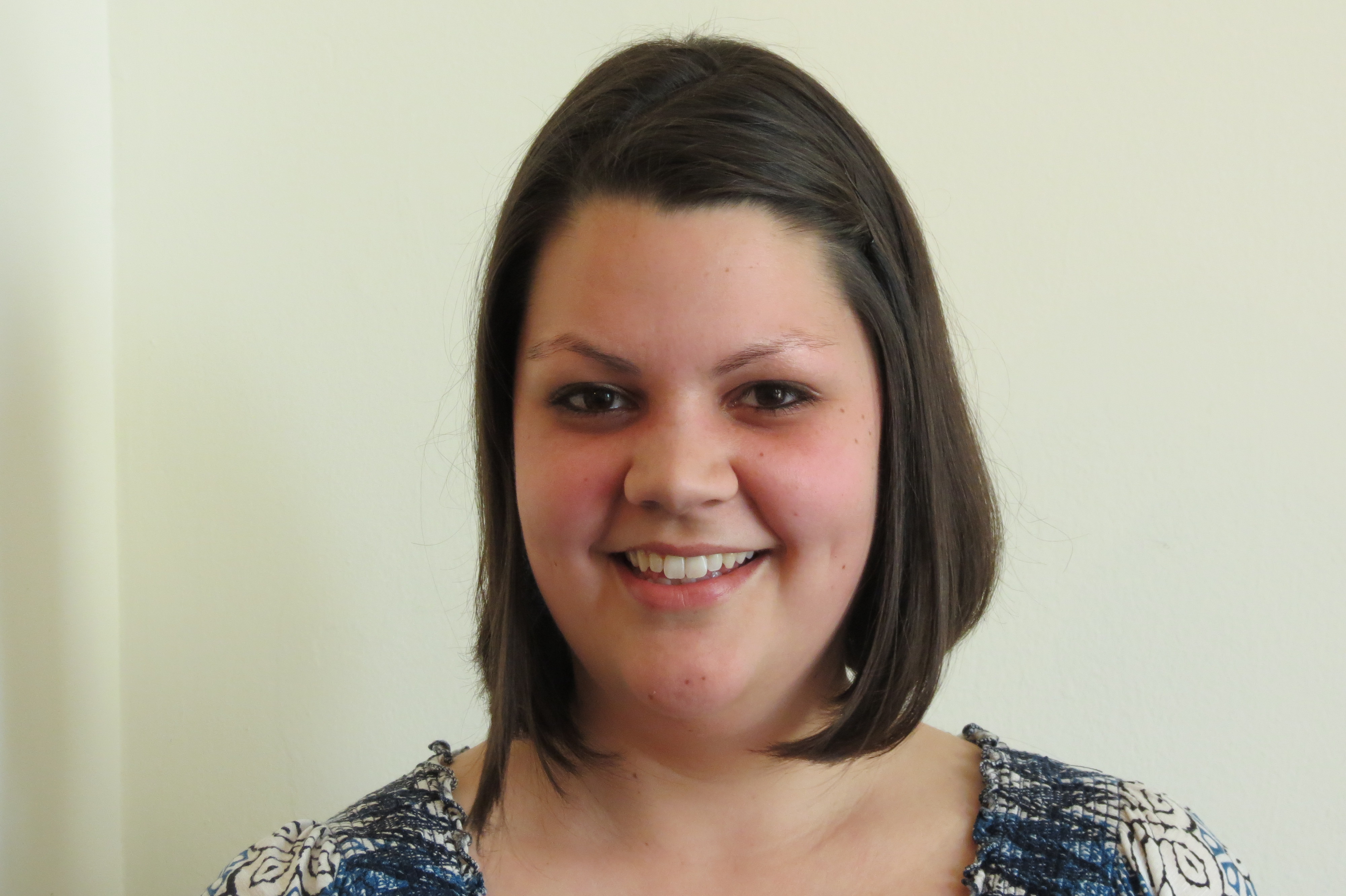Reflecting the humanity of migrants
Why do people migrate?

Mural near the Mexico-Guatemala border/river crossing at Ciudad Hidalgo, Tapachula, Mexico (Photo by Anna Vogt)
Reflecting the humanity of migrants
By Charissa Zehr
Sacrifice, bravery, survivor—these words kept running through my mind as I sat in migrant shelters in Mexico City and Tapachula, near Mexico’s southern border with Guatemala. Hearing the litany of dangers people faced as they crossed highways, forests, deserts and borders to find safety and security, I was struck most by their courage.
I was reminded by our hosts at Voces Mesoamericanas, an MCC partner in southern Mexico, that most people don’t migrate because they want to–they are resigned to it because they see no other option. At each shelter, we listened to the experiences of people who have risked their lives to leave the home they love. They have made sacrifices to seek a different life, facing a risky journey where many people seek to exploit travelers with few resources.
Mexico has become a destination country for migrants from all over the world. While Central Americans are still traveling to and through Mexico in large numbers, this is not the only migrant experience in Mexico. Shelters have seen a dramatic increase in arrivals from northern and western African countries, along with an uptick in people leaving the Middle East and Asia.
In 2016 Mexico’s refugee assistance agency (COMAR) saw nearly seven times more applications than in 2013 and numbers continue to rise. The agency’s overload of applications for asylum is exacerbated by limited staffing and funding.
People are on the move around the world and the reasons for migration are numerous and varied. Some people leave because of changing weather patterns and food insecurity due to global warming; for others it may be a dangerous neighborhood where gang recruitment is on the rise.
Many governments seek solutions that endeavor only to stop people from arriving. But without adequately addressing the factors that are pushing people to migrate, these solutions will be incomplete and unsatisfactory.
In many places around the world, as in the United States, fear of migrants is stoked when it is politically expedient. Words matter in the narratives we speak, share and tweet. The lives of real people hang in the balance of political spin.
Instead of using rhetoric that ignores the humanity of people who migrate, we can consciously choose to speak new life into the debates and reshape what people say and write around people migrating and seeking refuge.
As people of faith who want to see more just migration and refugee policies, we should speak with our government representatives in a way that reflects the spirit of migrants, including their determination to make a way even when it seems there is no way forward.




